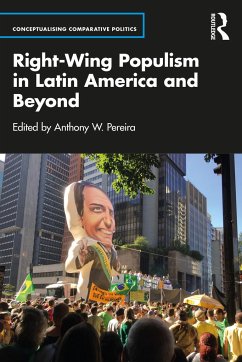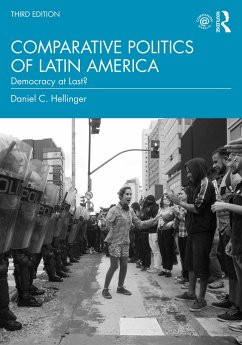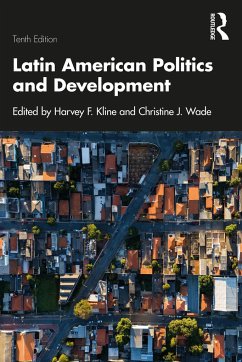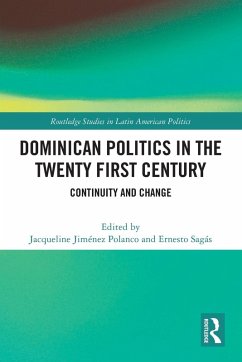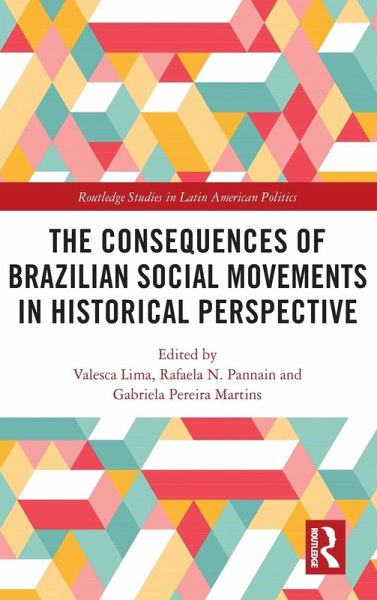
The Consequences of Brazilian Social Movements in Historical Perspective
Versandkostenfrei!
Versandfertig in 6-10 Tagen
154,99 €
inkl. MwSt.

PAYBACK Punkte
77 °P sammeln!
This book sheds light on the outcomes of social movements in Brazil. It provides an extensive analysis of how and when collective mobilization and protest activities brought about social and political change.Charting the dynamics and characteristics of Brazil's social movements from the abolition of slavery in 1888 to the present day, the contributors to this edited volume demonstrate the processes of social movement activism in Brazil, and its relations with political institutions across various types of governments and political regimes. They bring to light both political opportunity structu...
This book sheds light on the outcomes of social movements in Brazil. It provides an extensive analysis of how and when collective mobilization and protest activities brought about social and political change.
Charting the dynamics and characteristics of Brazil's social movements from the abolition of slavery in 1888 to the present day, the contributors to this edited volume demonstrate the processes of social movement activism in Brazil, and its relations with political institutions across various types of governments and political regimes. They bring to light both political opportunity structures of different historical periods, and the political and cultural consequences of mobilization stemming from the collective action of social movements. Showcasing various approaches, the book encompasses a plurality of methodological perspectives including network analysis, collective memory, trajectories, and quantitative techniques of process analysis. Ultimately, the authorspresent new empirical evidence about social movement outcomes in Brazil, including the mobilization for housing rights, institutionalization processes in a re-democratized society, the effects of anti-dictatorship movements on activists, transformations of political agendas and the diffusion of social protests.
Interdisciplinary at its core and highly engaging, The Consequences of Brazilian Social Movements in Historical Perspective offers essential reading on social movement studies to academics, activists and students.
Charting the dynamics and characteristics of Brazil's social movements from the abolition of slavery in 1888 to the present day, the contributors to this edited volume demonstrate the processes of social movement activism in Brazil, and its relations with political institutions across various types of governments and political regimes. They bring to light both political opportunity structures of different historical periods, and the political and cultural consequences of mobilization stemming from the collective action of social movements. Showcasing various approaches, the book encompasses a plurality of methodological perspectives including network analysis, collective memory, trajectories, and quantitative techniques of process analysis. Ultimately, the authorspresent new empirical evidence about social movement outcomes in Brazil, including the mobilization for housing rights, institutionalization processes in a re-democratized society, the effects of anti-dictatorship movements on activists, transformations of political agendas and the diffusion of social protests.
Interdisciplinary at its core and highly engaging, The Consequences of Brazilian Social Movements in Historical Perspective offers essential reading on social movement studies to academics, activists and students.






